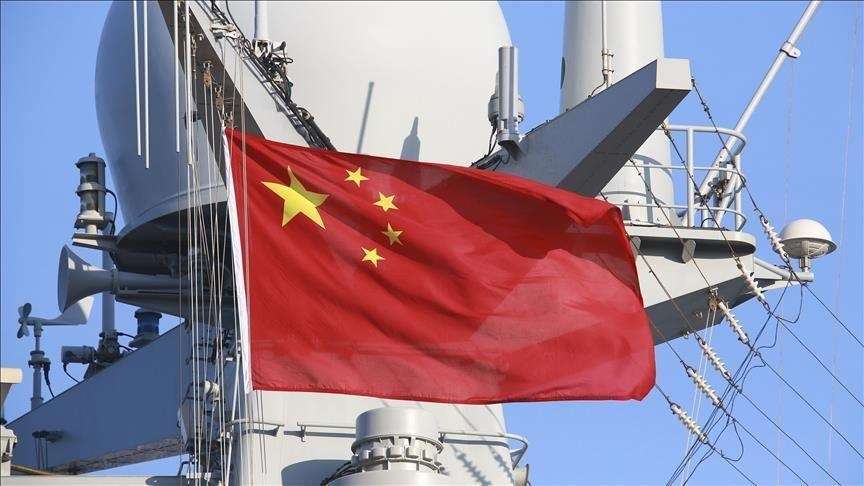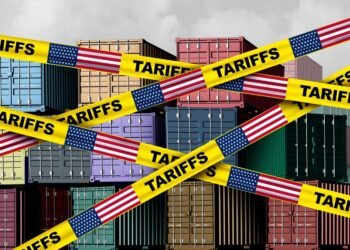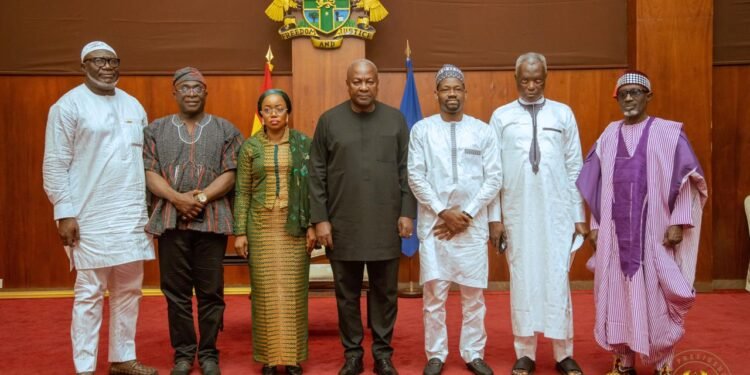Malaysia’s Prime Minister criticized the United States on Thursday, March 7 describing its foreign policy approach as increasingly “transactional.”
He suggested that instead of relying solely on rewards and punishments to achieve its goals with other nations, the U.S. should pursue greater cooperation, especially with China in the Asia-Pacific region.
In a speech at the Australian National University, Prime Minister Anwar Ibrahim emphasized the importance of not aligning with either side in the U.S.-led Western competition against China for regional influence.
He rejected Western criticisms of Malaysia’s approach to China, arguing against the perception that Malaysia is overly accommodating to China’s assertiveness in the South China Sea.
Anwar advocated for a more empathetic stance towards China, suggesting that negative reactions to its rise could be seen as an attempt to undermine its rightful place in history.
“I believe that Malaysia and Australia have a duty to try the utmost to encourage the United States, China, and other major players in the Asia-Pacific to conduct themselves in a manner that is conducive to the enhancement of regional cooperation and economic integration,” Anwar said.
Without Southeast Asian nations’ intervention, the region would be “principally dictated by the calculations and designs of the major powers.”
Anwar Ibrahim highlighted significant societal and political changes in the United States over the past three decades, including the effects of globalization, which have benefited the Asian working class but reduced the country’s industrial base.
He also noted the impact of wars in Iraq and Afghanistan on the American psyche.
“The upshot is a preference for leaders who are more transactional with the rest of the world,” said Anwar, referring to U.S. politicians.
“The Washington consensus is gradually eroding if not altogether disappeared,” he added.
Anwar remarked that it’s unrealistic to anticipate universal acceptance of Western viewpoints regarding the future of global order.
In a subtle critique of China’s imposition of unfounded territorial claims in the South China Sea, Anwar emphasized the need to address breaches of international law rather than ignoring them.
China’s Claim Of The South China Sea

The South China Sea is a hotbed of territorial disputes involving several countries: China, Brunei, Indonesia, Malaysia, the Philippines, Taiwan, and Vietnam.
These nations vie for control over islands, reefs, and maritime zones, particularly the Spratly Islands, which are rich in natural resources and fishing grounds.
China’s sweeping claims of sovereignty over the entire sea have escalated tensions. Its assertion of rights over the sea’s estimated 11 billion barrels of untapped oil and 190 trillion cubic feet of natural gas has antagonized other claimants.
Moreover, the United States and other countries uphold the principle of freedom of navigation in international waters, including the South China Sea.
Under the United Nations Convention on the Law of the Sea (UNCLOS), claimant countries should have the right to navigate through each other’s exclusive economic zones (EEZs) without prior notification.
However, China disputed this interpretation, asserting that foreign militaries are not allowed to conduct intelligence-gathering activities within its EEZ.
In July 2016, the Permanent Court of Arbitration at The Hague ruled in favor of the Philippines in a case brought against China under UNCLOS.
The court invalidated China’s expansive claims and clarified that the nine-dash line, which China uses to demarcate its territory in the South China Sea, lacks legal basis.
Despite being a signatory to UNCLOS, China rejected the court’s authority and continued its assertive actions.
Satellite imagery revealed China’s extensive efforts to reclaim land in the South China Sea. It had physically expanded islands and created new ones.
China constructed ports, military installations, and airstrips on these artificial islands, particularly in the Paracel and Spratly Islands.
These developments have raised concerns about the militarization of the region and potential security threats.
READ ALSO: A Letter To Ghana























